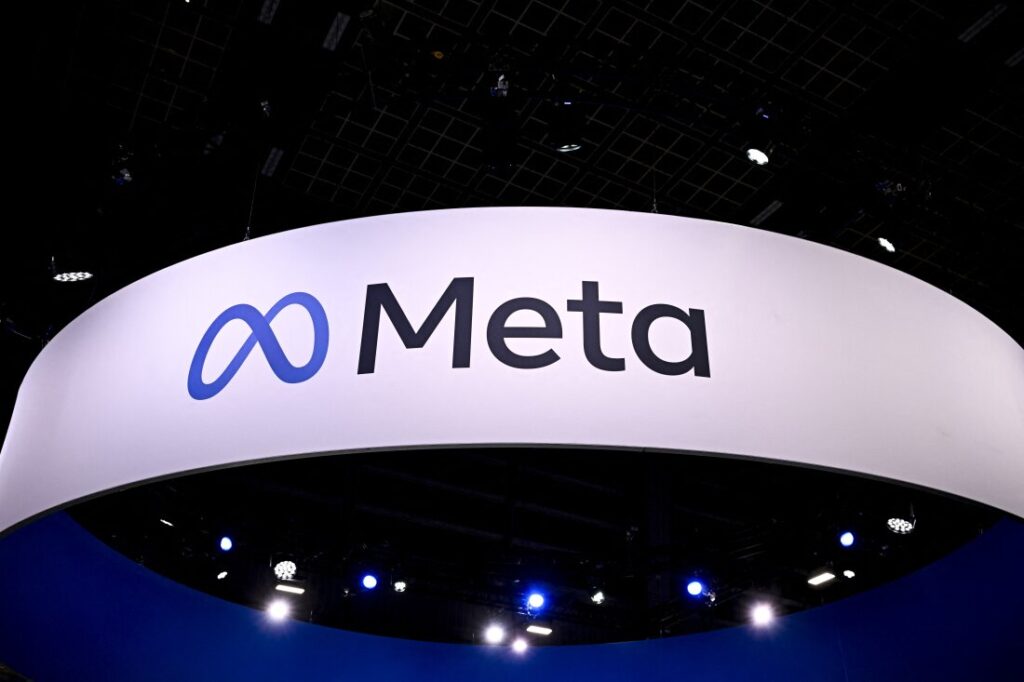MENLO PARK, Calif. — Meta, the parent company of Facebook, Instagram, and WhatsApp, reported on Friday that it had identified potential hacking attempts targeting WhatsApp accounts of U.S. officials from both President Joe Biden’s and former President Donald Trump’s administrations.

In a blog post, Meta attributed the activity to APT42, an Iranian hacker group recently implicated in compromising the Trump campaign. The company described the attempt as a “small cluster of likely social engineering activity on WhatsApp” involving accounts posing as technical support for AOL, Google, Yahoo, and Microsoft.
Meta stated it blocked the suspicious accounts after users reported the activity. The company said it had not seen evidence suggesting the targeted WhatsApp accounts were compromised.
APT42 is widely believed to be associated with an intelligence division within Iran’s military. Researchers following the group report that it is known for placing surveillance software on victims’ mobile phones, enabling call recording, text message theft, and covert activation of cameras and microphones.
Meta linked this activity to efforts to breach U.S. presidential campaigns reported by Microsoft and Google earlier this month, ahead of the November U.S. presidential election.

The company’s blog post did not identify specific individuals targeted, stating only that the hackers “appeared to have focused on political and diplomatic officials, business and other public figures, including some associated with administrations of President Biden and former President Trump.”
The targeted figures were reportedly based in Israel, the Palestinian territories, Iran, the United States, and the United Kingdom.
This incident highlights the ongoing cybersecurity challenges faced by high-profile individuals and organizations, particularly in the lead-up to major political events. It also underscores the importance of user vigilance and prompt reporting of suspicious activities on social media and messaging platforms.
As the investigation continues, cybersecurity experts are urging users to maintain strong security practices, including using two-factor authentication and being cautious of unsolicited messages, even those appearing to come from legitimate technical support services.
Meta has not provided further details on the extent of the hacking attempts or any potential data compromises. The company continues to work with law enforcement and cybersecurity partners to monitor and mitigate such threats.



